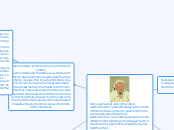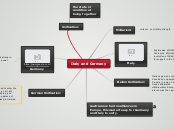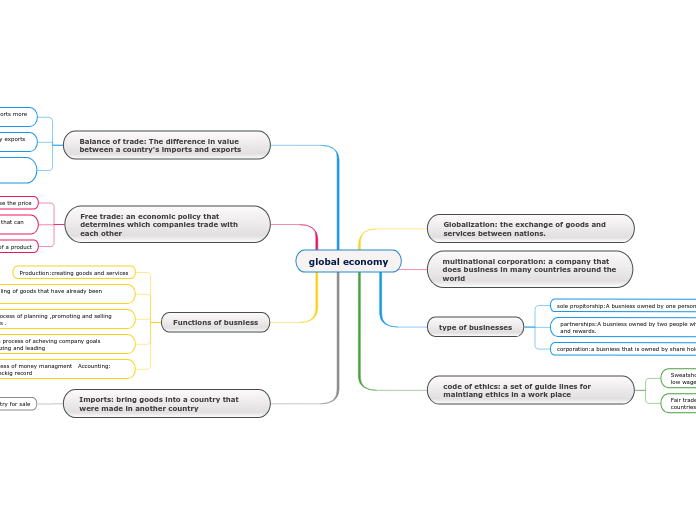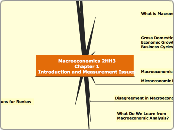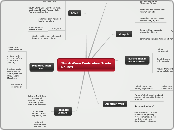por Claire Zhu 7 anos atrás
399
How did the rule of Genghis Khan and his decendents impact China
The Yuan Dynasty, established by the descendants of Genghis Khan, was a period marked by significant technological and cultural advancements. Notable progress included the creation of the Shoushi Calendar by astronomer Guo Shoujing, aligning closely with the modern Gregorian calendar.
